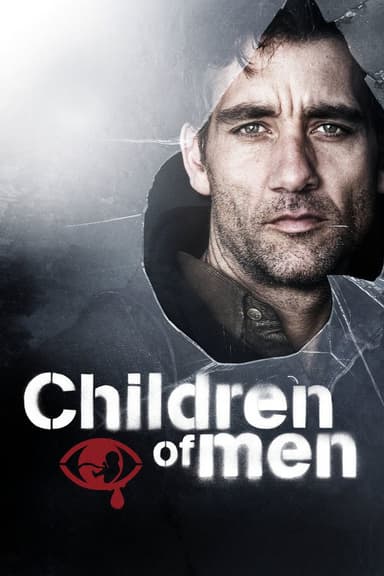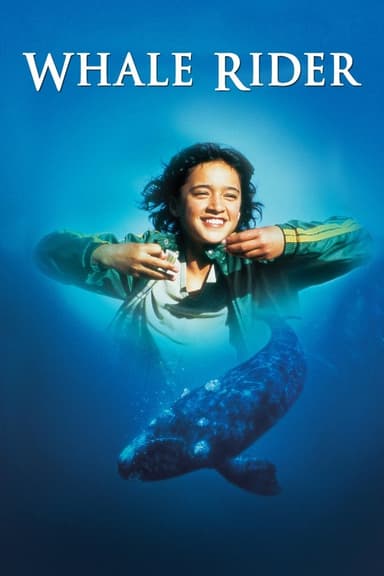
Once Were Warriors
1994 • Drama • R
A drama about a Maori family living in Auckland, New Zealand. Lee Tamahori tells the story of Beth Heke’s strong will to keep her family together during times of unemployment and abuse from her violent and alcoholic husband.
Runtime: 1h 39m
Why you should read the novel
Diving into Alan Duff's novel Once Were Warriors allows readers to experience the raw and profound narrative with a depth only written words can provide. The inner thoughts and motivations of the characters are conveyed more deeply through Duff's prose, presenting a fuller understanding of their trauma and resilience. By engaging with the book, readers are able to explore subtle cultural themes, rich symbolism, and social commentary that may be condensed or overlooked in the film adaptation.
The source novel offers a layered exploration of Māori identity, generational cycles, and the impact of colonization that unfolds through intricate storytelling. Readers can immerse themselves in Duff's unfiltered language and complex character arcs, experiencing each painful and hopeful moment more intimately. This connection fosters empathy and compels critical thought, encouraging readers to reflect on the societal issues depicted.
Reading Once Were Warriors gives a sense of place and context that film visuals sometimes rush through. The book's powerful narratives and authentic voices create a lasting impact, making it an essential read for anyone looking to gain a deeper appreciation of both the personal and societal struggles faced by the characters.
Adaptation differences
One of the central differences between Alan Duff’s novel and its film adaptation lies in the presentation of character backgrounds and inner thoughts. While the film visually conveys emotion and conflict, the book delves much more deeply into the internal lives of characters such as Beth, Jake, and their children. The novel provides a nuanced exploration of their motivations, traumas, and the societal pressures they face, revealing complexities that are only hinted at on screen.
Additionally, the novel includes more extensive commentary on broader Māori society and the effects of colonization, employing a narrative voice that meditates on social decay and lost heritage. The film, while touching on these themes, focuses more on the immediacy of domestic violence and personal tragedy. This shift creates a tighter, more dramatic storyline but sacrifices some of the book's broader societal critique and reflective tone.
Another key difference is the treatment of certain characters—specifically, secondary family members and friends who receive greater development in the novel. The book offers subplots and backstories that round out the supporting cast, making the dynamics within the Heke family and their community richer and more complex. The film, constrained by runtime, opts to streamline the narrative, sometimes flattening these characters’ roles.
Finally, the novel’s language—unvarnished and at times confronting—allows Duff to directly challenge readers, forcing them to grapple with uncomfortable realities. The film, due to censorship and the constraints of visual storytelling, sometimes pulls back from the book’s most graphic or disturbing material, opting for symbolism rather than explicit depiction. This can make the book's impact even more visceral for readers seeking a thorough understanding of the story's themes.
Once Were Warriors inspired from
Once Were Warriors
by Alan Duff










